
What are the cat life stages?

Allie Simpson
27 November 2021 | 4 minutes read
As you think about bringing in a new feline to rule your household, it can be easy to get caught up in all the excitement and forget about the long term commitment. We’re talking decades of daily responsibility because cats can live for a long time. Just how long, you ask? Well, let’s find out!
What are the cat life stages?
Many people find it easier to compare cat years to human years, as our formidable felines go through quite similar types of life stages to us. It’s a popular assumption that one cat year is the equivalent of 7 human years, but that’s not quite right.
While cats go through their life stages much faster than humans, they (like us) are very individual, so may mature at different rates to even each other. Let’s jump paws first into cat life stages and look at some ways to care for them through each stage.
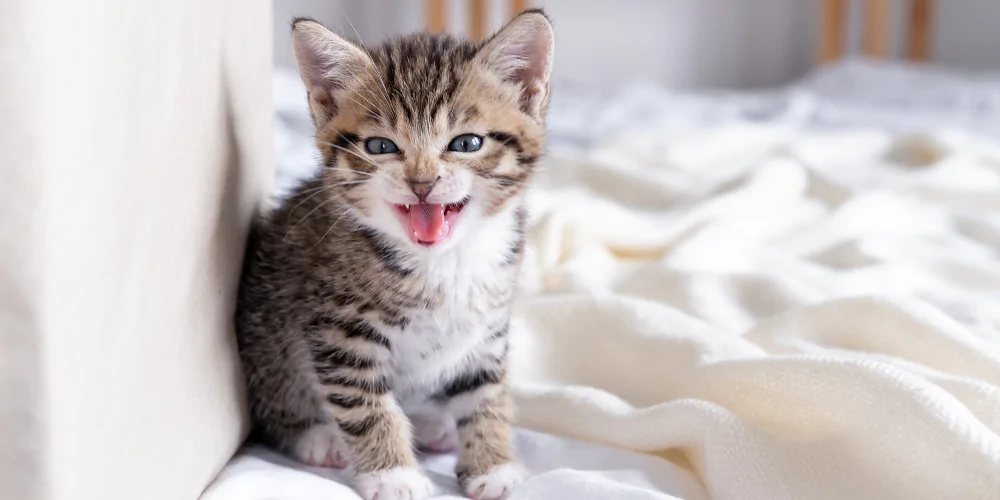
> The kitten stage
Cats are seen as kittens until they’re six months to a year old. In that time, they mature to the equivalent of a ten-year-old human. Some bigger breeds (such as the Maine Coon) can actually still be considered kittens up until two years old.
The kitten’s slightly chaotic (yet adorable) stage covers learning to walk, run, and play, as well as eat, drink, and use a litter tray. It’s where you’ll bond most with your new kitten as you train and teach them how to take care of themselves.
Health-wise, you’ll need to take your kitten to the vet for a health check-up and vaccinations, plus neutering or spaying at four months old (if recommended by your vet). You can also take out kitten insurance from when they are four weeks old, which will protect you from unexpected vet bills if they get into mischief.
By the end of the kitten stage, you’ll hopefully have a fairly independent cat on your hands.
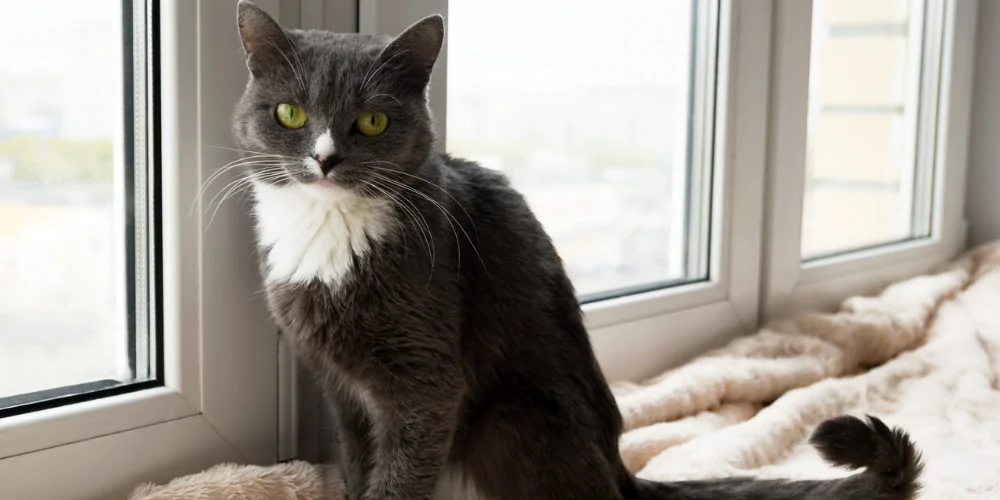
> The young adult cat stage
Now they’ve found their paws, expect to have a little ball of energy on your hands!
The young adult stage lasts until your cat is six years old, or 40 human years, so make sure you give your cat plenty of independence and allow them to continue to explore their curiosity.
Provided that they didn’t develop any conditions in kittenhood, you shouldn’t expect your cat to have many health issues at this stage of their life. A healthy diet, plenty of exercise, and annual checkups with the vet could be all you need.
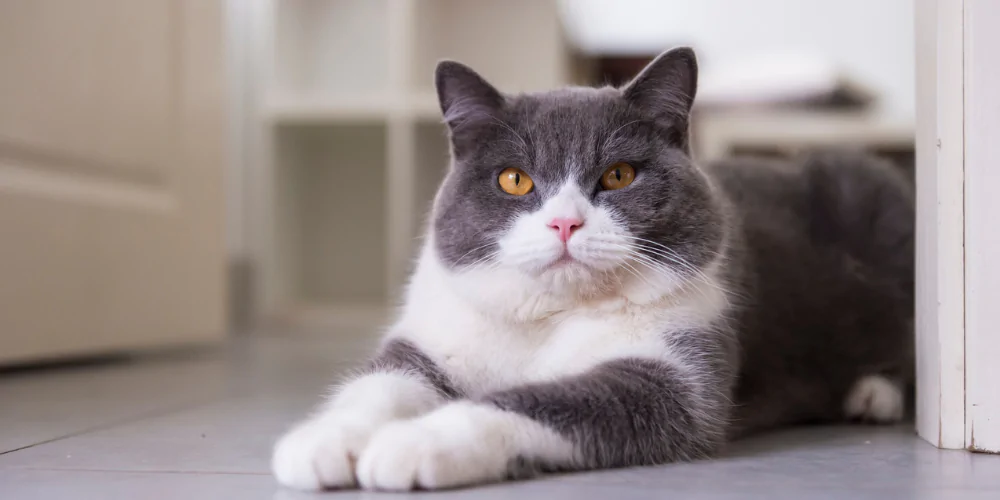
> The mature adult cat stage
Between the ages of seven and ten is where you’ll see your cat begin to slow down a little. Not through choice, mind! Plus, they’re still the sassy felines who continue to run your house… The mature adult stage takes them to the equivalent of 56 human years. So make sure you have plenty of comfy spots in the house for them to relax and recharge.
It’s important to stick to your annual vet check-ups, and monitor your cat for any changes in behaviour. If you do notice anything unusual and you have a Petsure policy, you can reach out to FirstVet 24/7 for free access to video consultations.
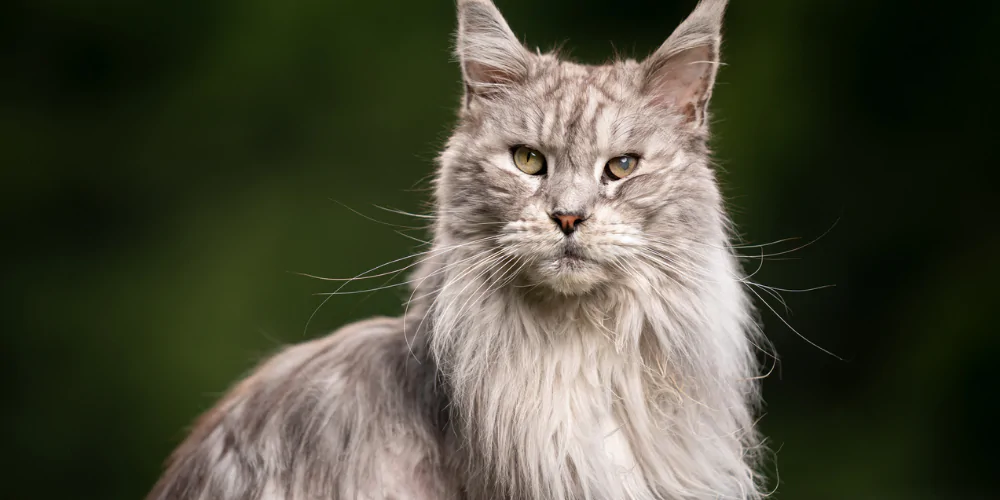
> The senior cat stage
From 11 years old onwards, your cat is considered a senior – similar to a retired human. Expect a lot of sleep as they swap a lot of their hunting and outdoor adventures to spending more time resting (and perhaps being a little grouchy!).
Like humans, cats are more prone to health issues as they age, so don’t put it down to old age when noticing a change in eating habits, behaviour or weight. Always speak to your vet if you’re worried about your cat in the senior stage of their life.
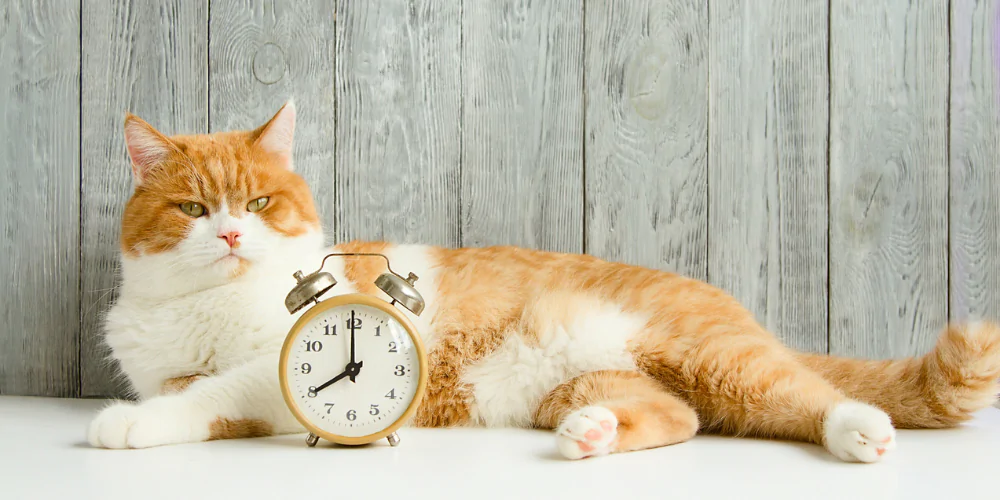
What is a cat’s life expectancy?
The average lifespan of a cat is around 17-20 years of age – that’s around 96 in human years. In rare cases, cats have been recorded to live up to 38 years of age, about 200 human years old (imagine the cat litter!).
Many factors decide how long a cat can live for, including genetics, diet, and exercise, as well as their healthcare and environment.
> Do cats have nine lives?
Unfortunately, your cat won’t be completing its life stages nine times over – that’s just a myth. The saying that cats have nine lives refers to their ability to often get themselves out of precarious situations. Their agile reflexes also sometimes allow them to walk away from large falls unscathed, a feat unmatched by their humans.
Protect your cat throughout their years of adventures with a Petsure lifetime cat policy.


